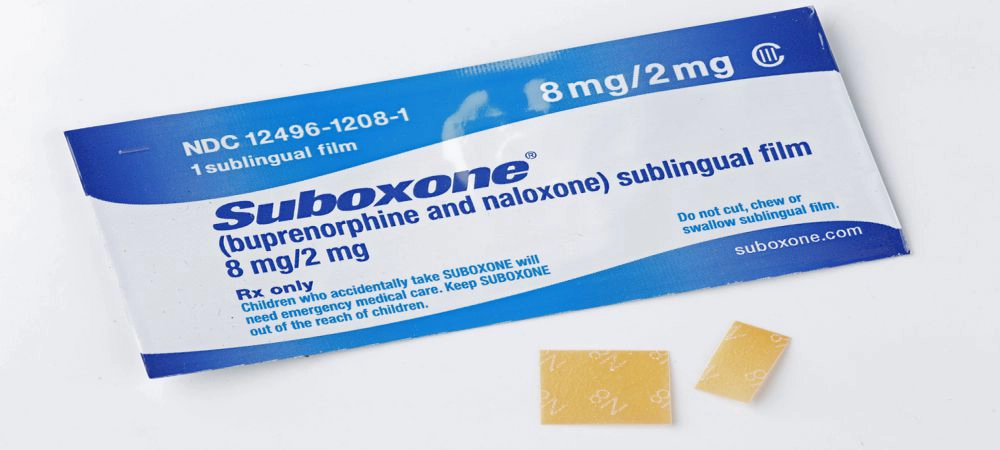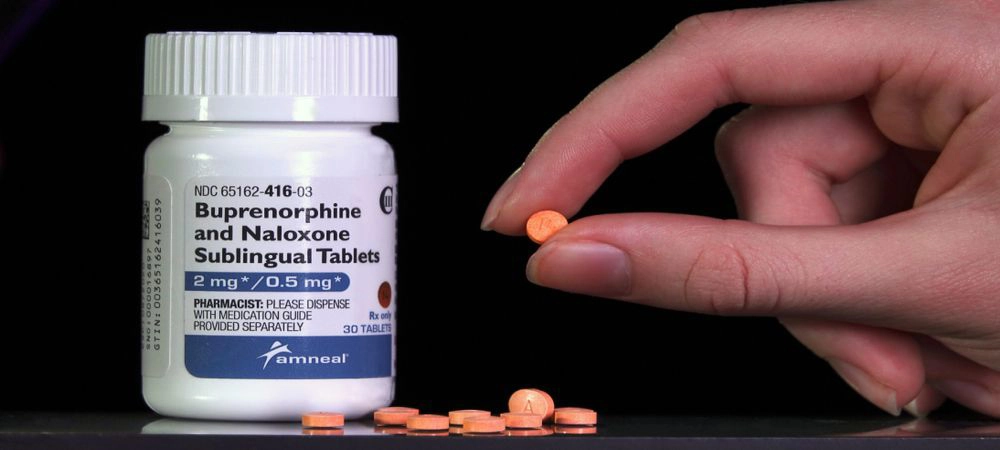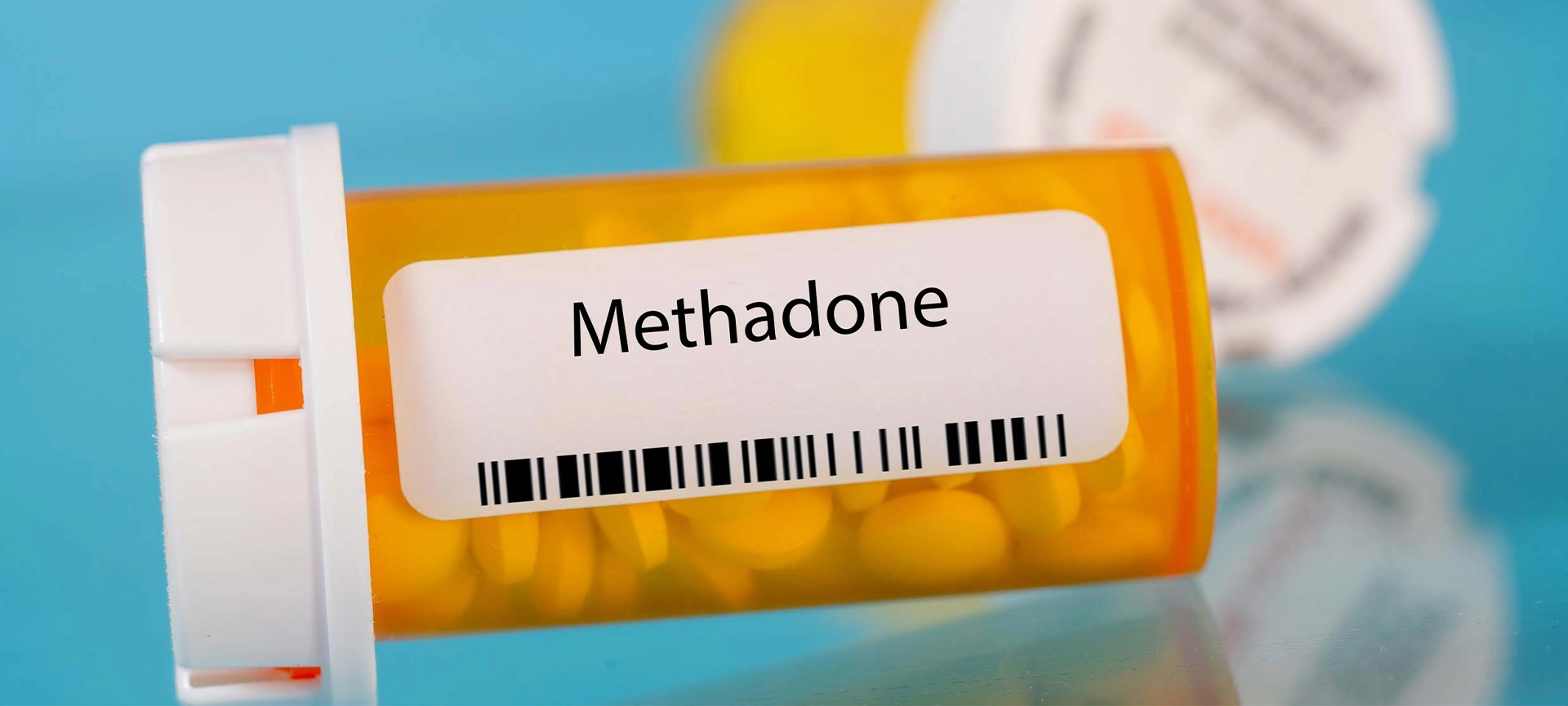To understand what suboxone’s withdrawal symptoms are, a clear explanation of what suboxone is will guide you. Suboxone is a prescription medication that treats opioids. With a doctor’s prescription, Suboxone can help with alleviating the symptoms of opioid withdrawal without intoxicating you. Also, they reduce opioid relapse by reducing the intensity of cravings.
Suboxone is a medication that contains buprenorphine and naloxone. It is an opioid that treats opiate dependence. If a patient suddenly stops its usage or continues for a long time, withdrawal symptoms are likely to occur. Hence, it is best to use it with the doctor’s prescription.
Due to its very nature, addiction to Suboxone is common in Toronto. To beat this addiction, you’re going to have to go through the withdrawal stage.
If you are thinking of quitting Suboxone addiction, this article discusses what to expect during the suboxone withdrawal. Furthermore, we shall discuss how long withdrawal will take and how to manage the process.
What Is Suboxone Withdrawal?
Suboxone withdrawal symptoms are due to sudden quitting of its usage. Quitting Suboxone usage or addiction without a medical practitioner around can be an uncomfortable process. With Suboxone treatment programs, you can pass through this process with remarkable relief.
Suboxone withdrawal symptoms can begin as early as 36 hours after the last dose and can last for weeks. The symptoms may include
- Leg kicking
- Muscle cramps
- Insomnia
- Diarrhea
- Sweating
- Irritability
- Lethargy
- Digestive Distress
- Chills
- Fever
To avoid the discomfort that comes with quitting, patients continue the usage of the substance. Hoping that it will relieve them of the symptoms.
It is worthy of note that the most critical time during the suboxone withdrawal period is the first 3 days (72 hours). This is when you need medical assistance the most. Here you will experience the start and the peak of the process. Without medical assistance, a relapse can occur during the peak period.
Symptoms Of Suboxone Withdrawal
Withdrawal generally refers to the emotional and physical changes people undergo when they quit or attempt to stop an addictive substance. Withdrawal is dependent on many factors. Also, withdrawal experiences differ for individuals. Suboxone is not any different.
Those changes that your body undergoes are the symptoms you see. And they can start once you miss a dosage or stop your dosage. You may be using Suboxone for the treatment of opioid addiction or maybe to relieve pain. You may be under a doctor’s supervision or not. Either way, these symptoms still occur when you quit using the substance.
Withdrawal symptoms can begin as early as 36 hours after the last dose. Also, as to the question of how long Suboxone withdrawal will take, you can expect it to take up to a month. Conversely, psychological symptoms may linger for a few weeks.
Its withdrawal symptoms are similar to those of opioids. The symptoms include:
- Excessive sweating
- Stomach cramps
- Irregular heart rates
- Watery eyes
- Muscle aches
- Restlessness, and
- Goose flesh among others.
You may also have some severe symptoms like depression, anxiety and hallucinations. Whether mild or severe, you still need a medical professional to help you properly manage suboxone withdrawals. If you experience any of these symptoms, seek suboxone addiction treatment services in Toronto.

Related article: Withdrawal Symptoms: How to Deal with Substance Abuse
Suboxone Withdrawal Timeline: How Long Does it Take?
Symptoms of suboxone withdrawal may vary in duration and severity. Generally, the physical side effects of suboxone withdrawal may last a month before subsiding.
One of the constituents of Suboxone is Burnephrenophrine. It has a half-life of 24-60 hours. Because of this long half-life, its activity in the bloodstream is longer than any other opioid. Hence, you may not notice withdrawal symptoms until 3 days after the last dose.
Suboxone withdrawal symptoms are most critical in the first 3 days. During this period, you may experience more symptoms compared to the remainder of the withdrawal process.
Suboxone withdrawal follows this timeline:
- In the first week, symptoms may include pains and aches around the body. Mood swings and insomnia may also set in. You will experience some emotional strain here too.
- In the second week, depression is the most common symptom here. Symptoms associated with your emotions are beginning to subside, so you may not feel them much.
- Then after a month, you may just experience intense cravings, insomnia, clouded thinking, anxiety and depression. At this stage, you may need proper medical attention.
Slow reduction of Suboxone dosage with time under medical supervision, helps to reduce its co-contraction in the body. This way, you can properly manage suboxone withdrawal. Each day, you may take 4 milligrams less dosage than the previous day until you attain stability. Suboxone withdrawal may not be life-threatening. However, you will be uncomfortable during this period.
How To Manage Suboxone Withdrawal
When managing suboxone withdrawal, we often advise that you enrol in a medical detox program. A medical detox program will last for just 5–7, 24/7 days on average. It will involve close monitoring of your mental state and vital physical signs in a supervised environment.
Some medications aim at specific symptoms and can be efficient during Suboxone withdrawal. These medications and their focus symptoms will include:
- Anti-anxiety and antidepressant medications for mood stability
- Gastrointestinal medications for stomach cramps and nausea among others.
- Buprenorphine and methadone to control cravings during medical detox.
There are many ways to manage Suboxone withdrawal without medication. Here at Addiction Rehab Toronto, we offer different alternative forms of therapy and treatment. Your time at our Suboxone addiction treatment center in Toronto will include:
Social activeness
During your period of detox, your emotional health is not left out of the side effects. To provide yourself with enough emotional support, we advise you to have close relatives around. We also advise trying out activities like:
- Exercise
- Yoga
- Meditation
- Counselling session.
Relaxation
Taking out time to relax has proven to quicken recovery for all kinds of illnesses. Suboxone addiction recovery is not any different. Proper relaxation is necessary for the complete maintenance of your recovery during this period.
Additionally, if you are struggling with suboxone addiction, spend more time doing things you love. Just ensure you relax your brain.
To Wrap It Up
Suboxone withdrawal recovery may not be difficult after all. In this article, we discuss how crucial the first 36 hours of Suboxone withdrawal period can be. Also, we have been able to break down the timeline for Suboxone withdrawal.
You can experience mild symptoms like sweating, muscle cramps and stomach cramps during suboxone withdrawal. Also, you may experience very severe symptoms like hallucinations and anxiety.
Additionally, we do not underemphasize the need for professional services during this period. Addiction Rehab Toronto offers effective suboxone addiction treatment in the GTA.
Related article: Cocaine Withdrawal Symptoms: What To Expect









